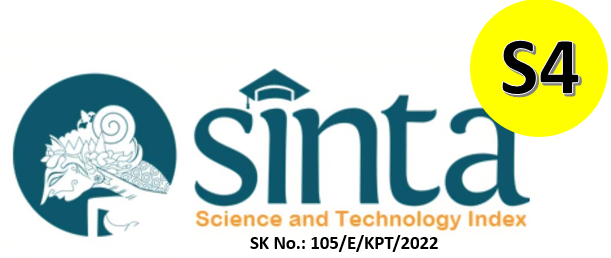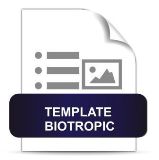Analisis Kadar Glukosa, Hemoglobin, dan Kolesterol Mencit (Mus Musculus) Setelah Diinduksi Aspartam
DOI:
https://doi.org/10.29080/biotropic.2018.2.2.119-125Keywords:
glucose, cholesterol, haemoglobin, aspartameAbstract
Aspartame has a lower calorie rating than other sweeteners. for example, cyclamate, lactose, saccharin, fructose and maltosa. Although it has low calorie, aspartame have 60 times sweeter than sugar (sucrose). Induction of aspartame can cause elevated levels of blood glucose and damage to the pancreatic β cells of mice. The purpose of this study was to analyze the dosing of aspartame levels; 13 mg/Kg body weight, 39 mg/Kg and 78 mg/Kg and those effect to the levels of glucose, cholesterol and haemoglobin of female mice (Mus musculus). The methode of research laboratory experiments using a complete randomized design (RAL). This study was using 24 mice with 4 treatment groups. Mice were given aspartame during surgical treatment, mice were made to perform measurement of Hb levels, glucose levels and cholesterol levels of neonatal mice. Data analysis using the Kruskal Wallis because Gaussian data but not homogeneous. The results showed an increase in the levels of glucose and cholesterol levels, but statistically there is no difference in glucose levels (p = 0,087), Hb (p = 0,899) and cholesterol (p = 0,168) in mice (Mus musculus) who were given variations of the dose of aspartame.













